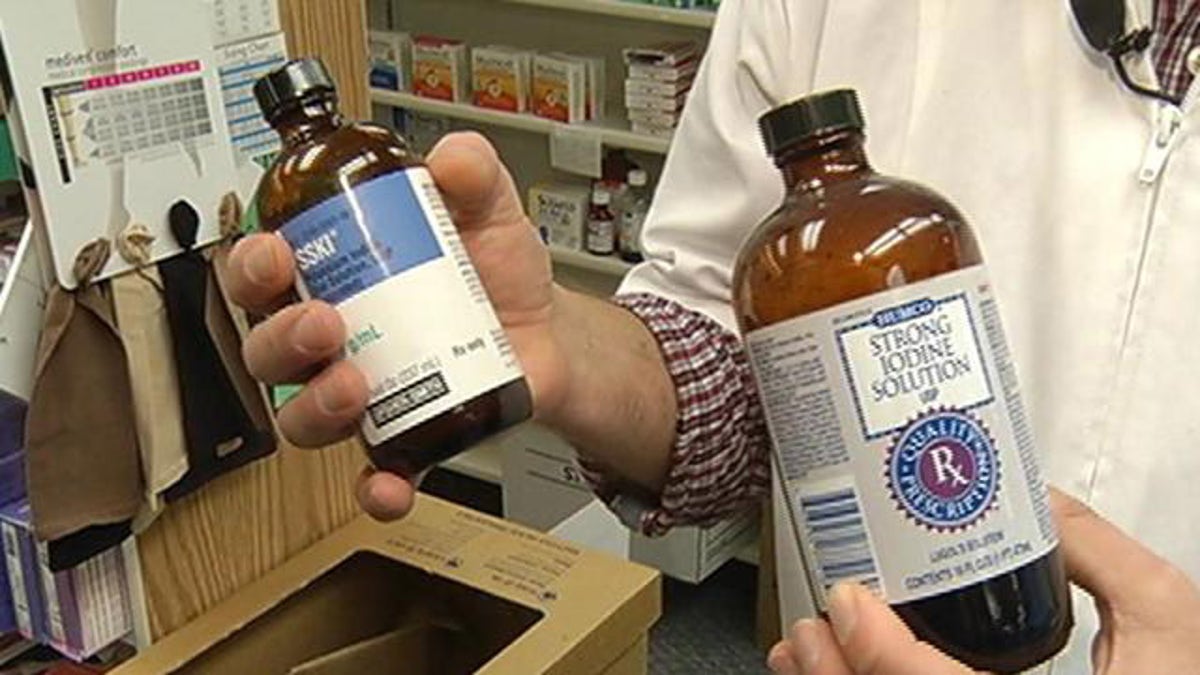
Pharmacies in West coast states are being inundated with phone calls from people asking for potassium iodide, a drug commonly used to treat low-level radiation exposure (Fox12Oregon).
Explosions at nuclear reactors in Japan damaged by last week's earthquake and tsunami have released radiation into the atmosphere.
Wind direction determines where any released radiation will travel. If high levels get into the atmosphere, those exposed are usually given potassium iodide to help prevent thyroid cancer.
Following are some facts about potassium iodide:
* Potassium iodide is a common form of salt, similar to table salt. It can protect the thyroid gland from radiation and cancer caused by radioactive iodine. Known chemically as KI, the substance saturates the thyroid gland with non-radioactive iodine, reducing how much dangerous radioiodine the gland can absorb.
* Potassium iodide is most effective if administered before exposure and can provide protection for 24 hours. It will have beneficial effects if taken up to three to four hours after exposure, as well.
* Children are considered most at risk from radiation exposure, whether through the air or in contaminated food or milk. After the 1986 Chernobyl nuclear disaster significantly increased rates of thyroid cancer were detected in children in countries such as Belarus and Ukraine.
* Pharmacies in the United States do not typically stock potassium iodide, but it is readily available through many of outlets on the Internet.
* The U.S. Nuclear Regulatory Commission recommends states with people living within a 10-mile (16 km) radius of commercial nuclear power plants stockpile potassium iodide as a protective measure for the general public. Individual states decide their own policies.







































